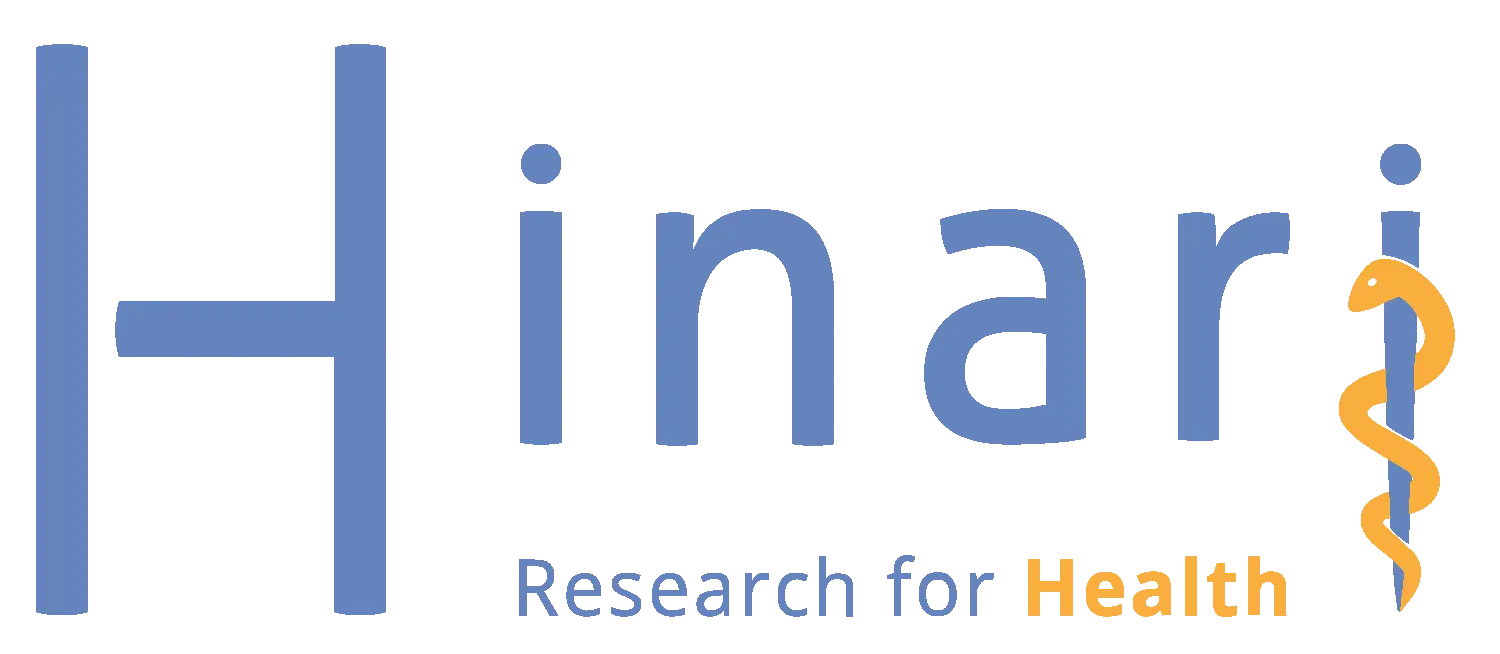Abstract
Objective:
In this study, it was aimed to compare the relationship between Glasgow Coma Scale (GKS), ISS values, PCT, CRP, D-Dimer, laktat, TNF-α, IL-1β, IL-6, IL-10 in patients with polytrauma and isolated head trauma in conjunction with SIRS and sepsis.
Material and Method:
Total of 68 patients (32 polytrauma, 36 isolated head trauma) aged between 18-65 years were enrolled in the study. For 7 days of follow up, the biochemical parameters were analysed on the days 0, 1, 3, 5, 7 and the ISS, GCS score and growth rates of SIRS and sepsis were recorded.
Results:
It was demonstrated that for patients with isolated head trauma, SIRS (80.6%), sepsis (38.9%) and mortality values (71.4%) were higher and there is a statistically important linear and inverse relationship between ISS and GCS values (p<0.05). During sepsis and SIRS phases, CRP elevated in both groups, whereas PCT only in the polytrauma group. D-Dimer values were investigated high in both groups, but atypically decreased on day 3 in isolated head trauma group. Lactate, TNF-α and, IL-1β were within reference values, IL-6 and IL-10 values were elevated in both groups but were higher in the polytrauma group.
Conclusion:
Although multiple variations were detected in serum markers of pro-inflamatory and acute phase proteins, we thought that these are inadequate in predicting mortality and complications such as SIRS and sepsis.
Keywords: GCS-ISS, Pro-antiinflammatory cytokines, Sepsis, SIRS, Trauma
Copyright and license
Copyright © 2012 The Author(s). This is an open access article distributed under the Creative Commons Attribution License (CC BY), which permits unrestricted use, distribution, and reproduction in any medium or format, provided the original work is properly cited.




















